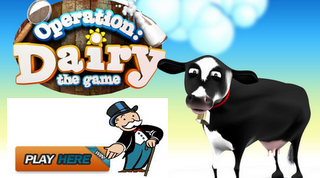Feeds for dairy cows
Diet for Bred Cows

Fresh Water
Dairy cows should have access to unlimited drinking water at all times.
Palatable roughage
Roughage is a requirement for a dairy cow’s diet. It can consist of any combination of pasture or hay. Pregnant dairy cows will have a higher protein requirement than cows that are not pregnant or lactating. Types of hay include alfalfa and other legumes, timothy grass, orchard grass and fescue. Roughage is high in fiber and low in digestible nutrients, but vital to the cow to maintain rumen digestion and function. Dairy cows should be fed forage and any grain in their diet several times a day. Cows should consume a minimum of 1.5 pounds of forage per 100 pounds of body weight.
Corn
Cows will typically eat any grain, but corn is the more popular choice for a dairy cow’s diet. According to the U.S. Department of Agriculture, dairy cows “make more milk or get fatter when their diet includes high-moisture, finely ground corn instead of dry, rolled corn.”
Other Grains
Additional grains may be added to make up for low-quality forage. Barley makes a good choice for pregnant cows, as it provides more protein than most other grains. Corn silage and soybeans are also sometimes added.
Supplements
Some owners may choose to give their herd a vitamin or mineral supplement. There are numerous choices on the market for mineral and protein blocks, many fortified with additional substances, such as magnesium. Blocks are set out in the cow’s living area and they can lick them as much as they desire. Ask your veterinarian about the best supplements and feeding program for your herd, particularly for pregnant and lactating cows.





















